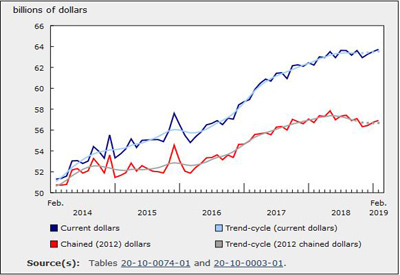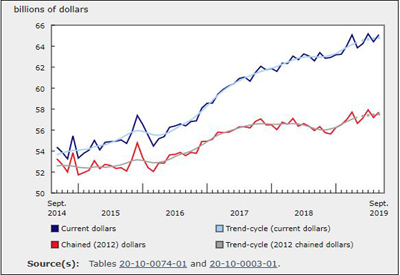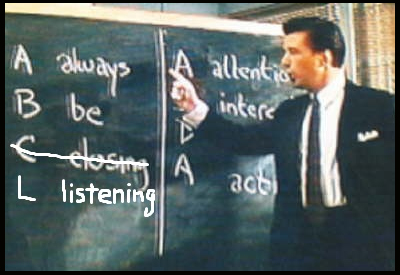A Noble Gesture Can Result in Sales

By Rick McCarten
Utilities in Ontario and other parts of Canada are putting forth rebate incentives to reduce the use of electricity. A noble gesture, but in Ontario’s case this comes at a time when the utilities have abundant capacity.
If you use this approach in business, why should a company try and reduce sales when they have a warehouse full of unsold goods?
But if we take a closer look at this gesture, we begin to understand that perhaps utilities are doing themselves, and us, a favour.
Sometimes the opposite effect of what government strives to do ends up taking place. Take rent control for instance, which is meant to slow down rental increases but can sometimes result in the exact opposite. With rent control, landlords still need to maximize their investment so they tend to slow down new building construction or convert rental units into condos, therefore reducing the number of rental units available, which in turn makes it more difficult for renters to find space and adds pressure on available units that rent at the max. Without rent control, the natural rental market would go up or down depending on demand and availability.
Another example of government intervention is the USA’s prohibition of alcohol in the 1920s. Because alcohol was taken away from the populace, its appeal grew. The prohibition created a much bigger demand for its consumption.
Strangely enough, this phenomenon happens in nature too. Years ago, a young boy was killed by a coyote in Nova Scotia. Citizens were naturally outraged and a bill was introduced that would provide a bounty of coyote hides. Coyote experts were able to put a stop to the bill, showing proof that a reduced coyote population would put strain on the population and affect female coyotes who would produce larger litters. Killing coyotes would result in a younger, larger population of coyotes that would move into populated areas in search of food.
Governments have been involved in home energy efficiency as well. Houses today are tighter, with more insulation, seals, heat exchangers, etc. You would think this would result in lower energy use, but this is not the case. Today, families are smaller in number and live in houses that are twice the size. Families also now need both heating and cooling. The result is that we consume almost twice the amount of energy per person compared to 30 years ago. Better build living dwellings have allowed us to live more comfortably, but they have not slowed down our use of energy.
James Watt, the inventor of the steam engine, noticed the same phenomenon back in the 18th century. Each time he discovered a more efficient way to turn steam into power, the number of applications for its use increased. More applications meant more energy consumption.
So, two counter-effects are at play with government rebate programs. The first is energy efficiency: when we use less energy, we tend to increase its use. In the case of LED light conversions, we will install more lights. The second, is the rebate itself; the harder governments try to reduce consumption, the more demand will grow.
This phenomenon reminds me of a Buddhist saying that works well here: “Wish for something too much and the opposite will happen.”
It appears that neither our — or the electrical utility’s — sales need to fear energy efficiency rebate programs.
Rick McCarten is VP, Operations, Electro-Federation Canada.











